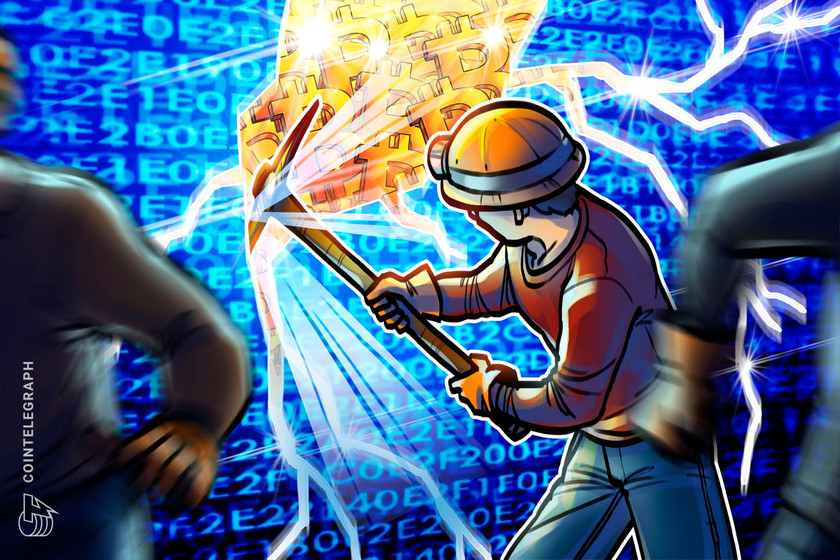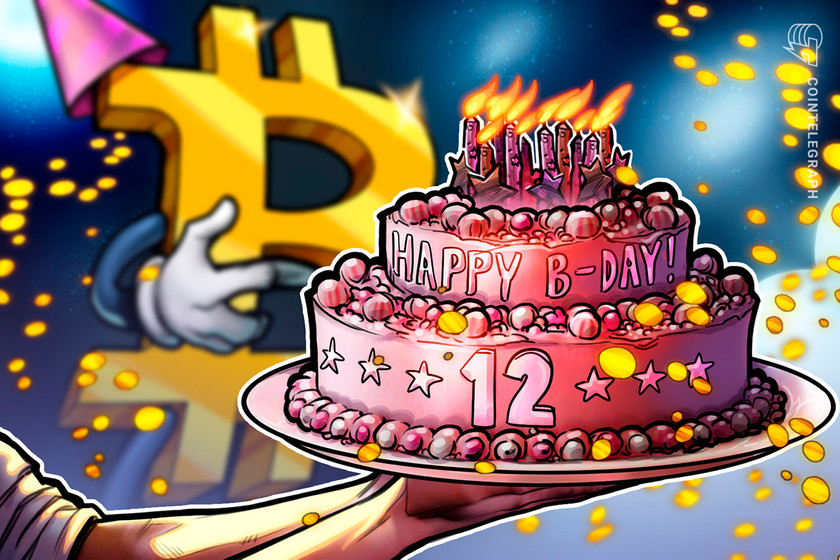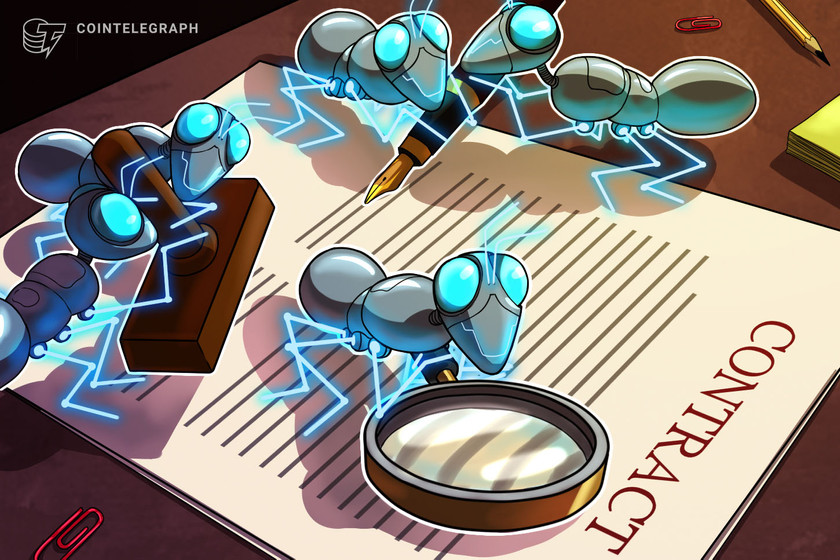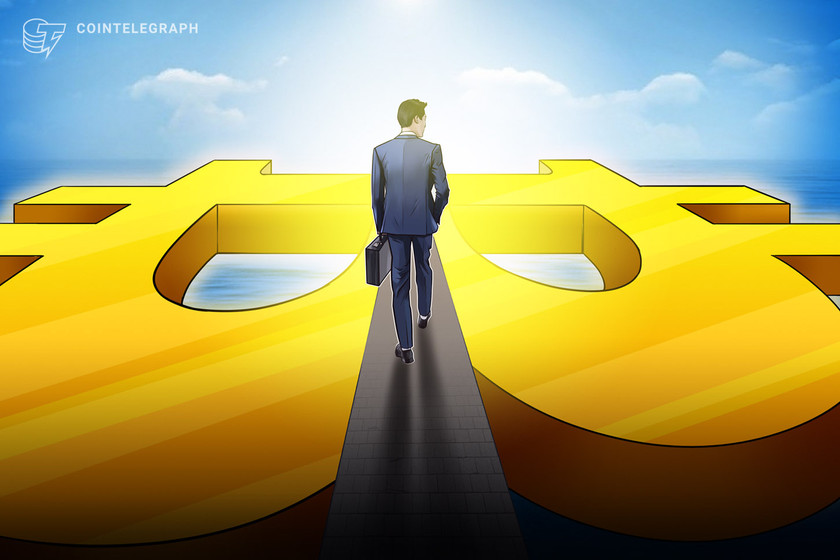The man who claims to be Satoshi Nakamoto says 2020 is the year the law comes for Bitcoin. Writing on his personal blog, Craig Wright offered a view of Bitcoin’s future which doesn’t bode well for operators of Bitcoin’s Lightning Network, or the coin’s miners.
One of Bitcoin’s biggest attractions is its supposedly permissionless, authority-resistant nature. But according to Wright, these are illusions.
Wright claims that any amount of Bitcoin purchased without meeting legally recognized CDD (customer due diligence) and KYC (know your customer) requirements is, in effect, stolen Bitcoin.
According to Wright, that spells trouble for Lightning Network operators who receive such ‘stolen’ Bitcoin:
“Lightning is about creating a system that is not built on individual tokens, but rather balances, because they are treated very differently under law. Yet, the Lightning Network cannot work without Bitcoin tokens as the initial seed base. Here lies the greatest flaw of the system.”
Wright claims the Lightning Network’s system of symbols and balances won’t shield it from legal investigation and enforcement.
“If stolen bitcoin are passed into a Lightning channel, the purchaser in the Lightning channel does not gain good title. Equivalently, the civil rule of nemo plus iuris ad alium transferre potest quam ipse habet, or, ‘one cannot transfer to another more rights than he has’, means that it does not matter whether you send bitcoin to a Lightning channel; if the bitcoin are stolen, they cannot be transferred.”
Wright also cites the legal principle of Nemo dat quod non habet – or, “no one can give what they don’t have.” If the legal rights to the ‘stolen’ coins are not transferred legally, then in Wright’s view, this would leave the Lightning Network open to the threat of a court-sanctioned freezing order.
Going further still, Wright reiterates another ominous scenario for Bitcoin miners. Namely, that any miner who receives or mines ‘stolen’ Bitcoin can be pursued by authorities under a nation’s standard theft laws.
Wright cites a section of the UK’s Theft Act (1968) which covers the handling of stolen goods – a charge that comes with a 14 year maximum prison sentence in the United Kingdom.
“A person handles stolen goods if (otherwise than in the course of the stealing) knowing or believing them to be stolen goods he dishonestly receives the goods, or dishonestly undertakes or assists in their retention, removal, disposal or realisation by or for the benefit of another person, or if he arranges to do so.”
Craig Wright’s prognostications are based on his assumption that Bitcoin is stolen if not purchased under the purview of CDD and KYC laws. At the moment, no such enforcement of ownership laws surrounding Bitcoin actually exists.
Attorney at law, Preston J. Byrne, notes that Wright’s scenario doesn’t play out unless a universally agreed upon ‘blacklist’ of stolen coins were available for all to see. Byrne says:
“If there were a central register of stolen BTC established by law of which every BTC purchaser in a given jurisdiction was deemed to have constructive notice of these claims, notice could be imputed if any party failed to check that register and then accepted payment in blacklisted coins.”
As Byrne points out, no such register currently exists. The law may very well come to meet Bitcoin one day, but will it be under the circumstances that Craig Wright suggests?









